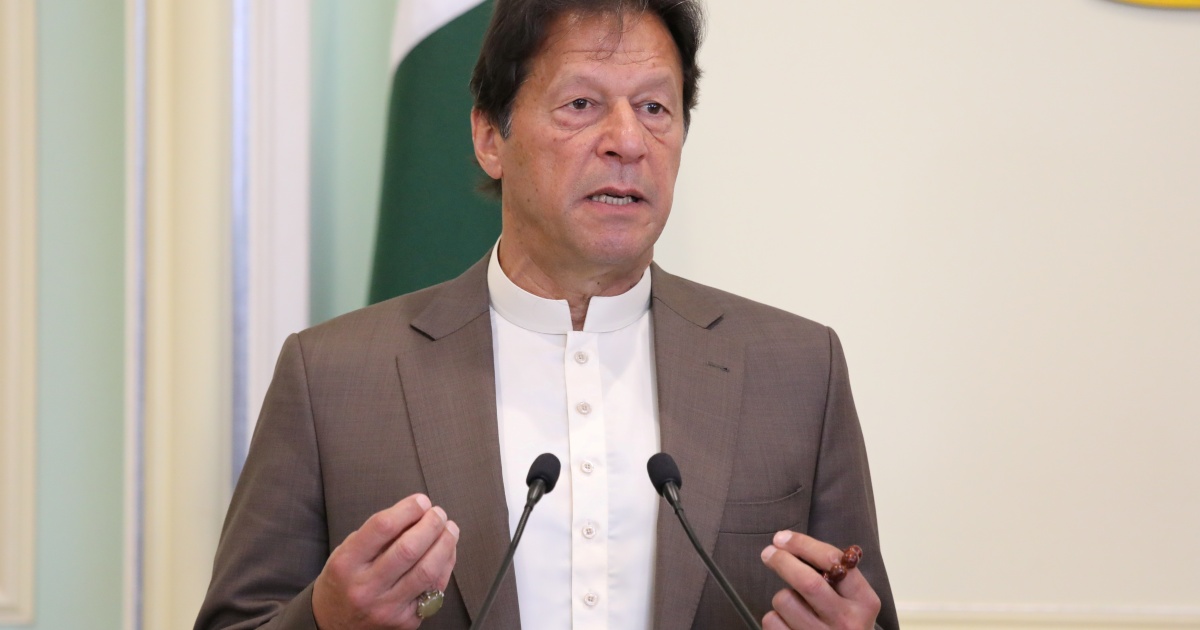
Not too long ago, international community had witnessed
Pakistan’s hailing of the Taliban’s victory in Afghanistan in August Pak Prime Minister Imran Khan had famously congratulated
Afghanistan for breaking the “shackles of slavery”. However, the
euphoric statements were widely seen as a show off of Pakistan’s
confidence of reorienting Afghanistan’s foreign policy as per its own
needs. However, the developments during the last few months
indicate emergence of deep misunderstandings between Taliban
administration and Pakistan. Recently, clashes between the Pakistan
Army and the Taliban have become quite frequent. The incidents
include artillery fires across the border and dismantling Pak
checkpoints on the Afghan-Pak border.
Afghanistan’ Ministry of Foreign Affairs continues to register its
strong protests with the Pak Embassy in Kabul over incidents of cross
border/firing shelling. On April 1, 2022, the Afghan Ministry lodged a
complaint with the Pak Mission over incidents of artillery shelling from
across the Durand line and violation of Afghan airspace by Pak
drones/helicopters during February and March 2022. A similar
compliant filed by the Afghan side in March 2022 revealed direct
involvement of Pakistani Army in fomenting trouble at the borders.
Afghan Foreign Ministry had alleged that Pak Army officials were
issuing warnings to the residents of Jaji Maidan District in Khost
province to leave the area or face ‘serious consequences’. It also
observed that Pak border forces had resorted to firing, targeting
residential areas along the Durand line.
Pakistan’s misadventures at the border appear to be a
manifestation of its failure to take Taliban administration under its
control after the regime change. The incidents have resulted into a
marked decline in the trust level between the two sides. This swift
change in bilateral relations has led Pakistan to revisit calculations on
its future role in Afghanistan including the assistance for development
and reconstruction of the war-torn and landlocked country.
Pakistan’s evident retreat from its earlier commitments of
supporting Afghanistan’s development draws attention towards
former’s indifference to the needs and problems of ordinary Afghan
citizens. During the last decade, Pakistan made several promises to
Afghanistan of developing infrastructure in the areas of Education,
Healthcare and Roads & Transport. However, a closer look at the
quality and pace of the Pak assisted projects in Afghanistan unveil a
disappointing picture.
The shabby state of Pakistan funded Jinnah Hospital in Kabul
underlines Pakistan’s preference of having strategic supremacy in
Afghanistan over any humanitarian concern. The hospital is named
after the founder and first Governor-General of Pakistan, Muhammad
Ali Jinnah. The 200 bed hospital was constructed by Pakistan at a
cost of $24 million and became operational in April 2019.
However, the absence of any support from Pakistan has put the
hospital at a risk of closing down for want of resources. It is reportedly
facing serious problems due to non-availability of funds for salaries,
medicines and other operational needs. The hospital is even battling
shortage of water for medical uses, which is putting the lives of the
patients in jeopardy. The resource crunch is forcing the Afghan
authorities to plead for urgent help from Islamabad. However, in face
of Pakistan’s apathy so far, Kabul is not very hopeful of any
assistance and is apparently exploring the option of approaching
international organisations like WHO or UNICEF to prevent the
hospital operations from collapsing.
Pakistan’s indifference to its commitments had added to the
ordeal of common Afghan people for whom public services are more
important than geopolitics. But, going by the developments at
borders, their miseries are only likely to aggravate.






